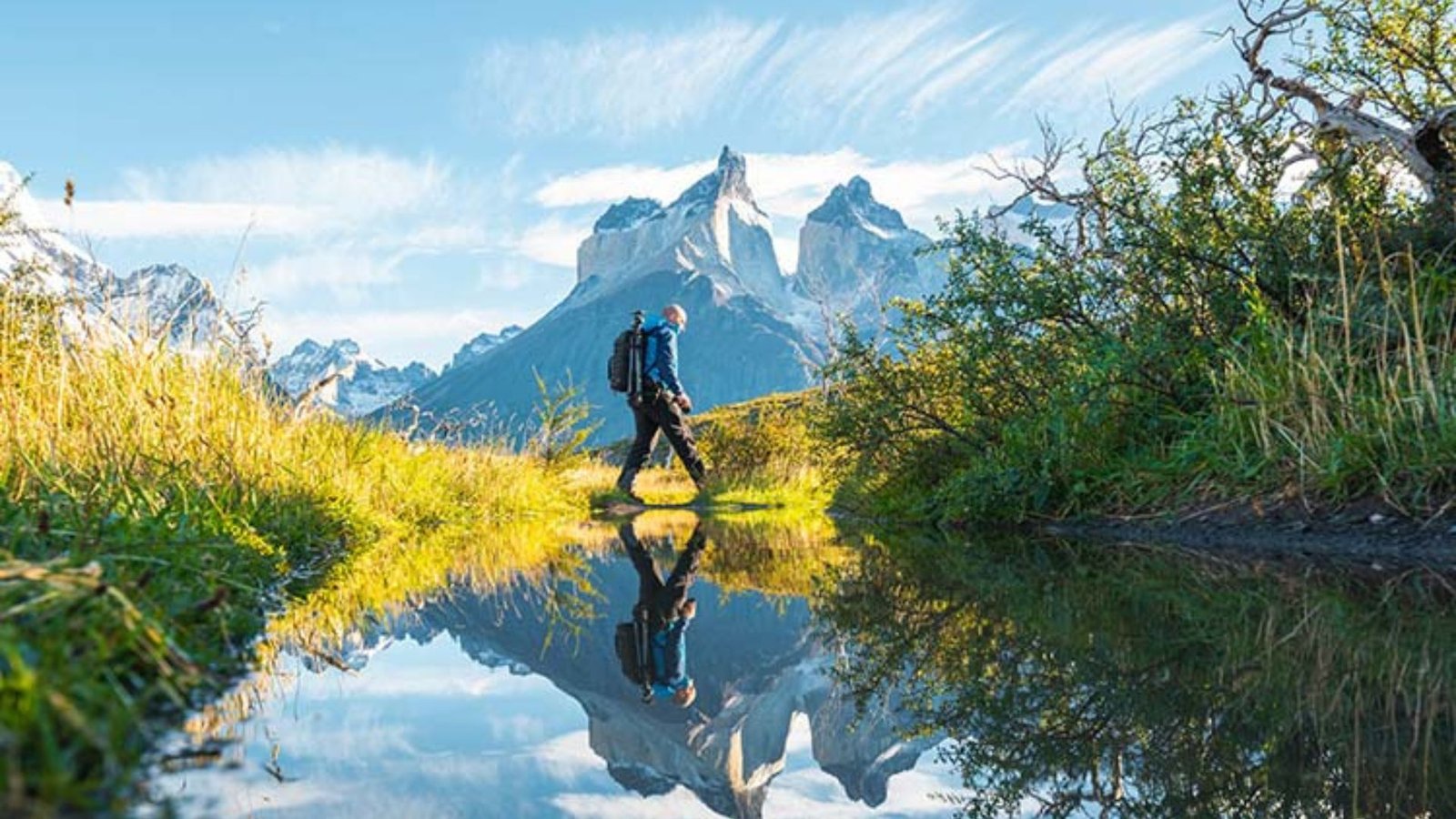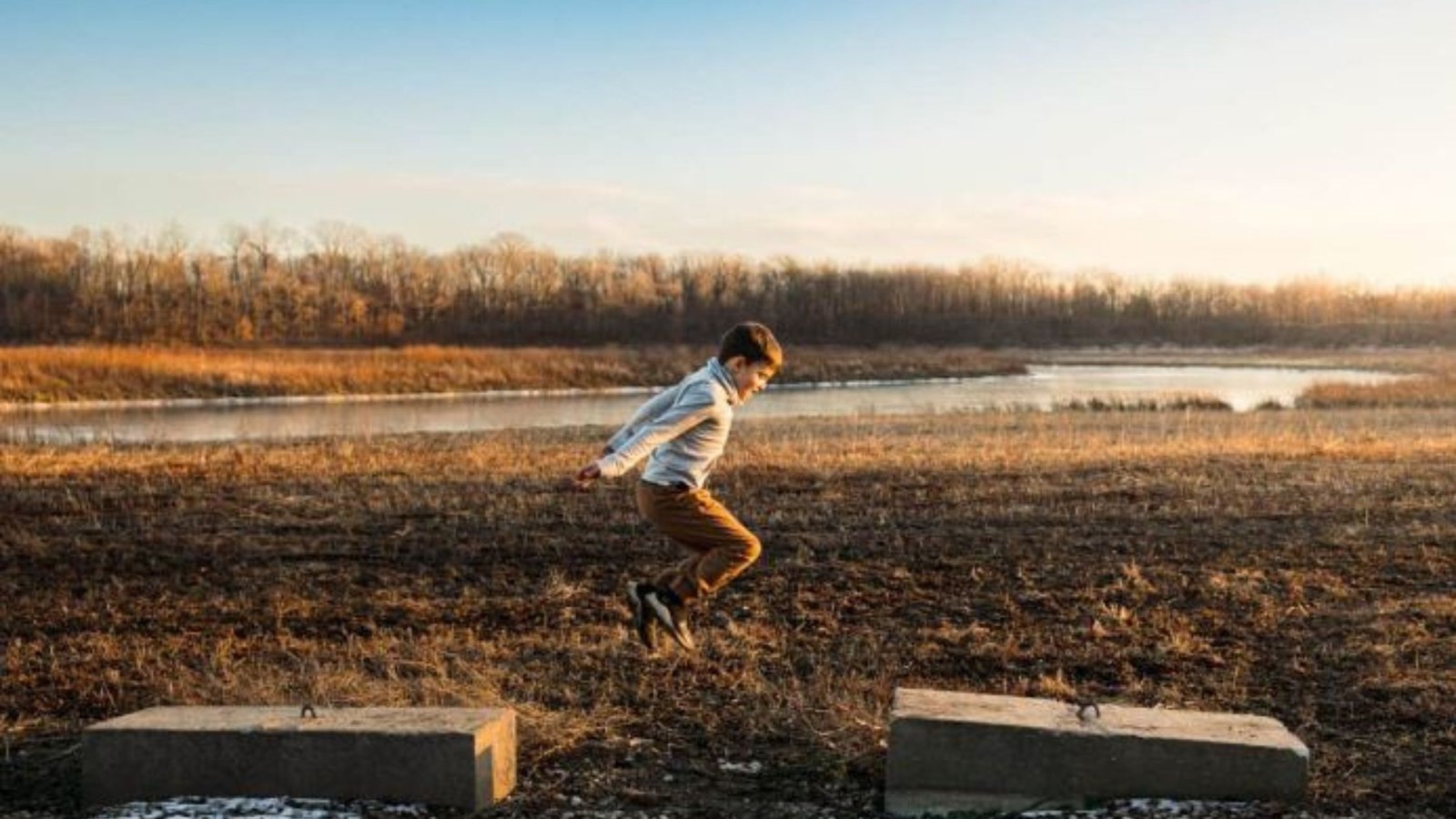Exploring the wilderness can be one of life’s most rewarding adventures. Whether you’re hiking through rugged mountains, camping in remote forests, or trekking across vast plains, the beauty and solitude of nature are unparalleled. However, along with its beauty, the wilderness presents challenges and potential dangers. Here are essential tips to ensure your safety and enjoyment on your next outdoor excursion.

1. Plan Thoroughly Before You Go
Before embarking on any wilderness adventure, thorough planning is crucial:
- Research the Area: Familiarize yourself with the terrain, trails, and any potential hazards.
- Check Weather Conditions: Monitor weather forecasts and be prepared for changing conditions.
- Share Your Itinerary: Inform a trusted person of your route, expected return time, and emergency contacts.
2. Pack the Essentials
Packing the right gear and supplies can make a significant difference in your comfort and safety:
- Navigation Tools: Carry a map, compass, or GPS device and know how to use them effectively.
- Food and Water: Pack plenty of high-energy snacks and water. Consider water purification methods if necessary.
- Clothing and Shelter: Dress in layers suitable for the weather conditions and pack a lightweight emergency shelter.
3. Stay Hydrated and Nourished
Proper nutrition and hydration are vital for maintaining energy and preventing dehydration:
- Drink Plenty of Water: Stay hydrated by drinking water regularly, even if you don’t feel thirsty.
- Eat Regularly: Pack nutritious meals and snacks to keep your energy levels up throughout the day.
4. Know Your Limits
Choose activities and trails that match your fitness level and experience:
- Start Small: If you’re new to hiking or camping, begin with shorter, less challenging routes.
- Take Breaks: Pace yourself and take regular breaks to rest and rehydrate.
5. Monitor the Weather
Weather conditions in the wilderness can change rapidly and unexpectedly:
- Stay Informed: Check weather forecasts before and during your trip.
- Seek Shelter: Be prepared to find shelter quickly in case of sudden storms or adverse weather conditions.
6. Wildlife Awareness
Encounters with wildlife can be thrilling but require caution and respect:
- Research Local Wildlife: Learn about the animals that inhabit the area you’re exploring.
- Keep Your Distance: Observe wildlife from a safe distance and avoid approaching or feeding them.
7. Leave No Trace
Responsible outdoor practices help preserve the wilderness for future generations:
- Pack Out Your Trash: Carry out all trash, including food scraps and biodegradable items.
- Minimize Impact: Stay on designated trails and avoid damaging vegetation or disturbing wildlife habitats.
8. First Aid and Emergency Preparedness
Prepare for emergencies with essential first aid knowledge and supplies:
- First Aid Kit: Carry a well-equipped first aid kit and know how to use its contents.
- Emergency Communication: Bring a fully charged phone or emergency beacon for communication in case of emergencies.
9. Stay on Designated Trails
Sticking to established trails helps prevent getting lost and minimizes environmental impact:
- Follow Trail Markers: Pay attention to trail markers and signage to stay on course.
- Avoid Shortcutting: Resist the temptation to take shortcuts, which can lead to accidents or getting lost.
10. Stay Aware of Your Surroundings
Maintain situational awareness to navigate effectively and stay safe:
- Use Landmarks: Note prominent landmarks to help orient yourself on the trail.
- Trust Your Instincts: If a situation feels unsafe or unfamiliar, trust your instincts and take appropriate action.
11. Travel in Groups When Possible
Exploring with companions enhances safety and enjoyment:
- Buddy System: If feasible, travel with at least one other person.
- Communication: Stay in close contact with your group and plan regular check-ins.
12. Learn Basic Survival Skills
Basic survival skills can be invaluable in unexpected situations:
- Shelter Building: Learn how to construct emergency shelters using available materials.
- Fire Starting: Carry waterproof matches or a fire starter and know how to safely start a fire.
By following these essential tips, you can enjoy a safe and memorable wilderness adventure. Remember, preparation and awareness are key to making the most of your outdoor experience while keeping yourself and others safe. Whether you’re a seasoned outdoor enthusiast or exploring nature for the first time, these guidelines will help you navigate the challenges and embrace the wonders of the wilderness responsibly.











